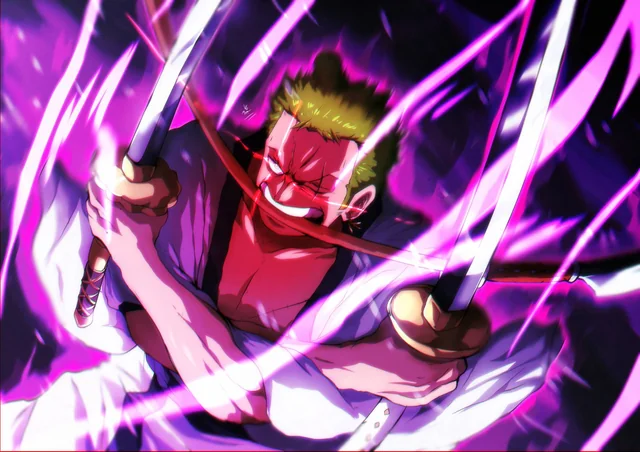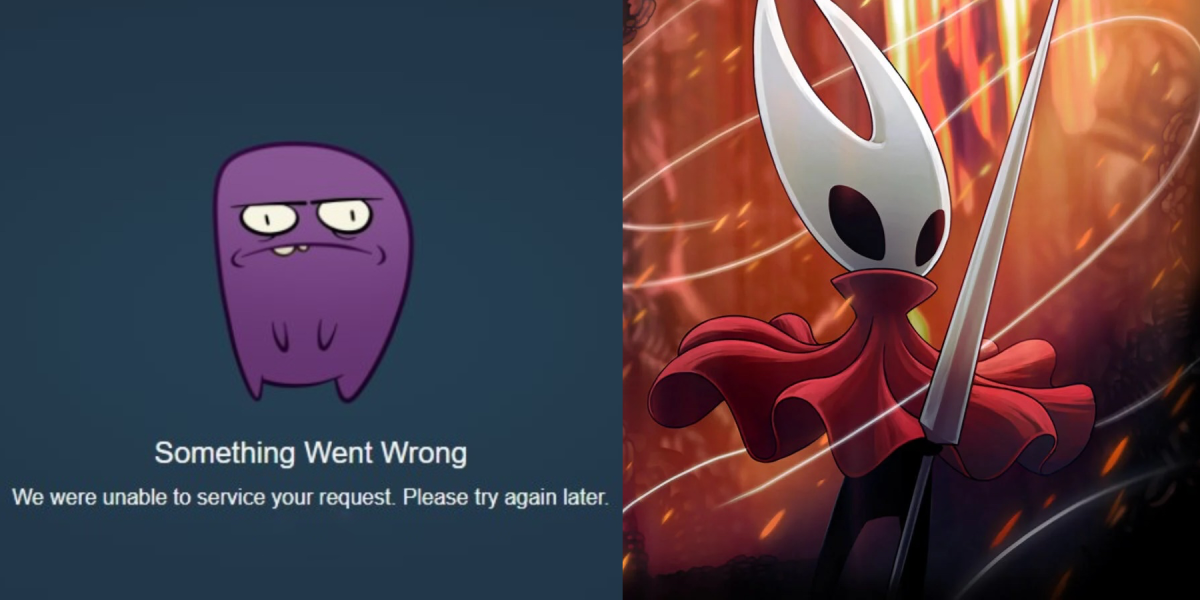On Wednesday, the House of Representatives advanced legislation that would have forced TikTok to either find a buyer for the hugely popular video app or risk being banned countrywide in the United States. The bill needs to pass the Senate, where its future is unknown, before President Biden decides whether or not to sign it. It’s too early to say whether the House’s measure will succeed where earlier anti-TikTok attempts in the Senate have failed. Regardless of the outcome of this measure, it is the first time a bill that might shut down a social media platform has been voted by a chamber of Congress. A move that civil liberties advocates claim that this violates the right to free speech enjoyed by millions of American users. The House bill is seen as an existential danger by TikTok, which is controlled by Beijing-based internet firm ByteDance, rather than a fresh attack, given that the social media app has successfully resisted multiple previous attempts to force it out of business.
Who could buy TikTok if ByteDance is forced to sell?
ByteDance will charge a high price for TikTok because it is one of the most widely used social media apps worldwide. The estimated value of TikTok is in the tens of billions of dollars, which is beyond the reach of even the largest internet corporations, such as Google, Microsoft, Amazon, or Meta. Montana’s TikTok ban is blocked by a federal judge before it can go into effect, but the possibility that TikTok will be bought by a Big Tech company immediately raises antitrust issues because the Biden administration has taken a strong stand against tech industry mergers that serve to amplify the size and power of already enormous companies. Furthermore, China’s approval would be needed for the sale of TikTok, as the country has stated that it would be firmly against the forced sale of its first-ever worldwide app sensation. It’s likely that Washington legislators would try to use the House bill as leverage to pressure TikTok to find a non-Chinese buyer while the Senate examines a companion bill, although discussions about selling the app have been ongoing for years without a conclusion.














